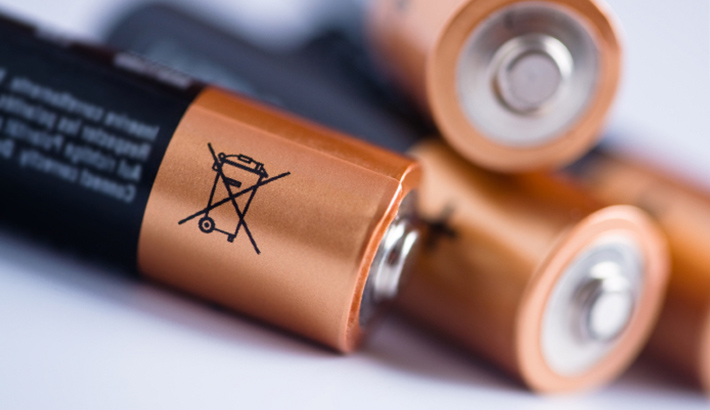Find out how to get the best out of a Duracell battery and learn how to properly recycle them.
Tips for proper battery care and use
Duracell batteries are a reliable and important source of daily portable power. To ensure you get the most from your Duracell batteries, follow these general tips for correct battery use and storage:
- DO – Remove batteries from the device as soon as possible after they are depleted. Some devices may continue to draw power from exhausted batteries which may cause the batteries to leak.
- DO – Use the correct size and type of battery specified by the manufacturer of your device.
- DO – Store batteries, in their original packaging, in a dry place and at normal room temperature until ready to use.
- DO – Replace all used batteries in your device at the same time. Insert batteries properly, with the plus (+) and minus (-) terminals aligned correctly. CAUTION: Some equipment using more than three batteries may appear to work properly even if one battery is inserted incorrectly.
- DO – Insert batteries by placing the negative end in first, then push the battery down so the positive end clicks into place. This will help prevent damage to the battery or device.
- DO – Keep all batteries in a safe place away from children and pets, particularly the smaller sized batteries.
- DO – Where possible, recycle your batteries where communities offer recycling or collection programs. You can contact your local government for information about the disposal options in your area or utilize the following website – www.call2recycle.org.
- DO – Remove batteries from equipment while it is being powered by household alternating current (except for hardwired smoke alarms that use back up alkaline batteries).
- DON’T – Leave batteries in your device if you suspect it will not be used for several months. Many devices don’t power off completely when switched off and, after time, may cause the batteries inside to leak.
- DON’T – Carry batteries loose in your pocket or purse as they may create a safety risk. They can be shorted by contact with metal objects and may leak, overheat or rupture.
- DON’T – Mix old and new batteries, batteries of different brands, or batteries of different types (for example heavy duty zinc chloride batteries and alkaline batteries) in the same device as this may cause the batteries to leak.
- DON’T – Attempt to recharge non-rechargeable batteries. This can cause your batteries to overheat or leak.
- DON’T – Place your batteries in a refrigerator. This will not ‘recharge’ your batteries, increase storage life, or increase your batteries’ power.
- DON’T – Dispose of large numbers of batteries at one time. Where there are collection programs for used batteries in your area, store used batteries in a non-metal container in a well ventilated area, do not mix the batteries with other items, and bring to the collection facility on a regular basis.
- DON’T – Put batteries or battery-powered devices in very warm places. Extreme temperatures reduce battery performance and may also lead to leakage.
- DON’T – Remove the battery label, or attempt to take the battery apart, or dispose of in a fire as this may lead to rupture and/or chemical burns.




